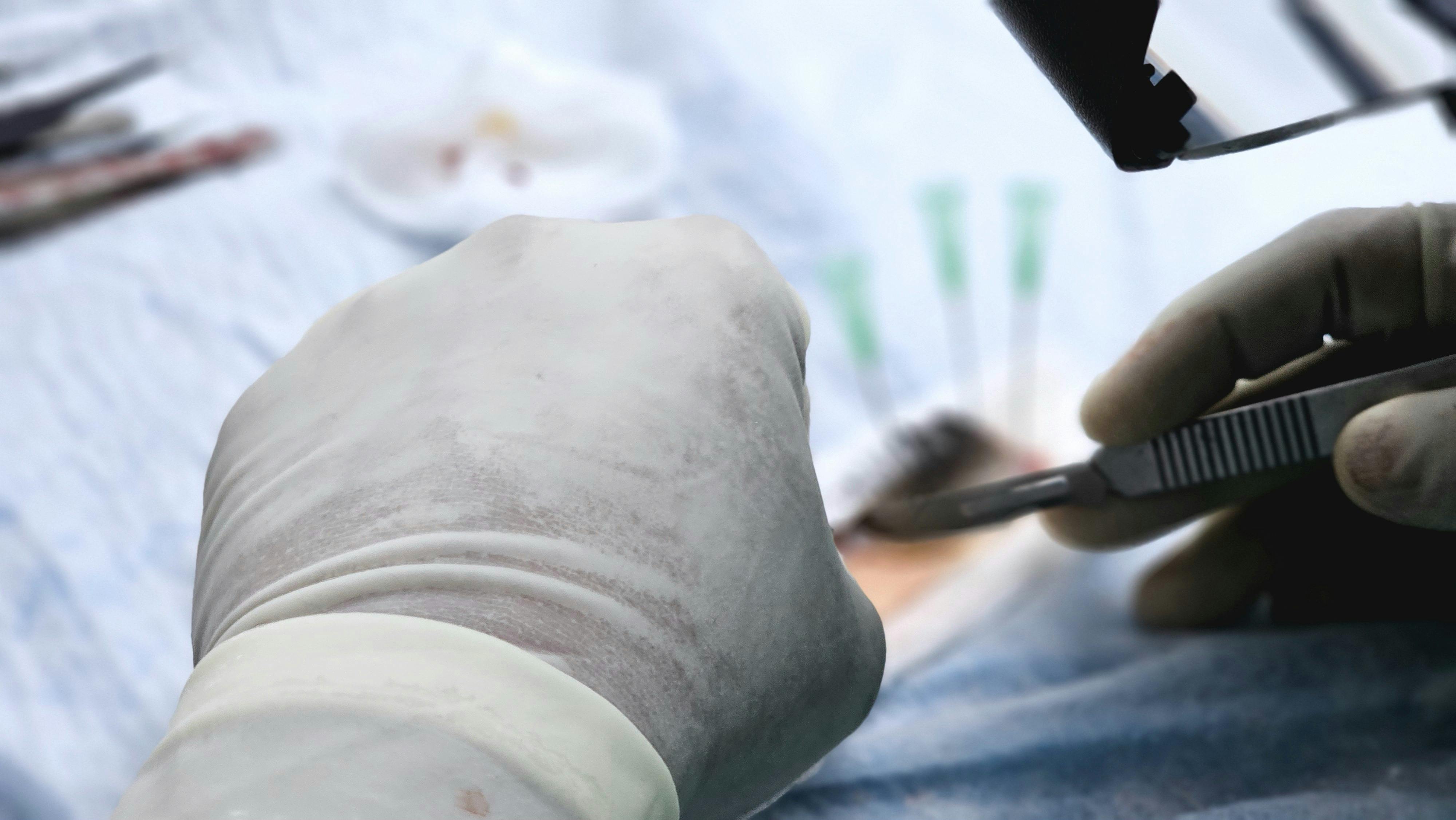Understanding Liposuction Opportunities Through Clinical Trials
Liposuction is a popular cosmetic procedure that has been helping individuals achieve their desired body contours for decades. While traditional liposuction techniques are well-established, ongoing clinical trials continue to explore new methods and technologies to enhance the effectiveness and safety of this fat removal procedure. This article delves into the world of liposuction clinical trials, offering insights into how these studies are shaping the future of body contouring.

What is liposuction and how does it work?
Liposuction, also known as lipoplasty or body contouring surgery, is a surgical procedure designed to remove excess fat deposits from specific areas of the body. The process involves making small incisions in the target area and using a thin, hollow tube called a cannula to suction out fat cells. This technique allows surgeons to sculpt and reshape various body parts, including the abdomen, thighs, arms, and chin.
Why are clinical trials important for liposuction advancements?
Clinical trials play a crucial role in advancing liposuction techniques and technologies. These studies allow researchers to evaluate new methods, equipment, and safety protocols in a controlled environment. By participating in clinical trials, patients can potentially benefit from cutting-edge treatments while contributing to the advancement of cosmetic surgery. Additionally, these trials help establish evidence-based practices that can improve outcomes for future patients.
What types of liposuction clinical trials are currently underway?
Several exciting liposuction clinical trials are currently in progress, focusing on various aspects of the procedure. Some studies are exploring minimally invasive techniques that promise reduced downtime and improved patient comfort. Others are investigating the use of advanced technologies, such as ultrasound-assisted liposuction or laser-assisted lipolysis, to enhance fat removal precision and skin tightening effects.
How can individuals find and participate in liposuction clinical trials?
For those interested in participating in liposuction clinical trials, several resources are available. The National Institutes of Health’s ClinicalTrials.gov website is a comprehensive database of ongoing studies. Additionally, many plastic surgery centers and academic medical institutions offer information about local trials. It’s essential to consult with a qualified healthcare professional to determine eligibility and understand the potential risks and benefits of participating in a clinical trial.
What are the potential benefits and risks of liposuction clinical trials?
Participating in a liposuction clinical trial can offer several advantages. Patients may gain access to innovative treatments not yet widely available and receive care from leading experts in the field. Moreover, many trials provide procedures at reduced costs or even free of charge. However, it’s crucial to understand that clinical trials also carry potential risks, such as unforeseen side effects or less-than-optimal results. Thorough screening processes and informed consent are essential components of any reputable clinical trial.
How do liposuction clinical trials compare to traditional procedures?
| Aspect | Traditional Liposuction | Clinical Trial Liposuction |
|---|---|---|
| Technique | Established methods | Innovative or experimental approaches |
| Cost | Standard pricing | Often reduced or free |
| Availability | Widely available | Limited to trial locations |
| Follow-up | Typical post-op care | Extensive monitoring and data collection |
| Risks | Well-documented | May include unknown factors |
| Results | Predictable outcomes | Potentially enhanced, but less certain |
Prices, rates, or cost estimates mentioned in this article are based on the latest available information but may change over time. Independent research is advised before making financial decisions.
When comparing traditional liposuction to procedures offered in clinical trials, several key differences emerge. Traditional liposuction relies on well-established techniques with predictable outcomes and known risks. In contrast, clinical trials may introduce novel approaches that could potentially offer improved results or reduced side effects. However, these experimental procedures may also carry unforeseen risks or produce less consistent outcomes.
In conclusion, liposuction clinical trials represent an exciting frontier in cosmetic surgery, offering opportunities for both patients and medical professionals to contribute to the advancement of body contouring techniques. While these studies hold promise for improved fat removal procedures, it’s essential for individuals to carefully weigh the potential benefits and risks before participating. As research continues, the insights gained from these trials will undoubtedly shape the future of liposuction, potentially leading to safer, more effective, and less invasive fat removal options for patients seeking to enhance their body contours.
This article is for informational purposes only and should not be considered medical advice. Please consult a qualified healthcare professional for personalized guidance and treatment.




